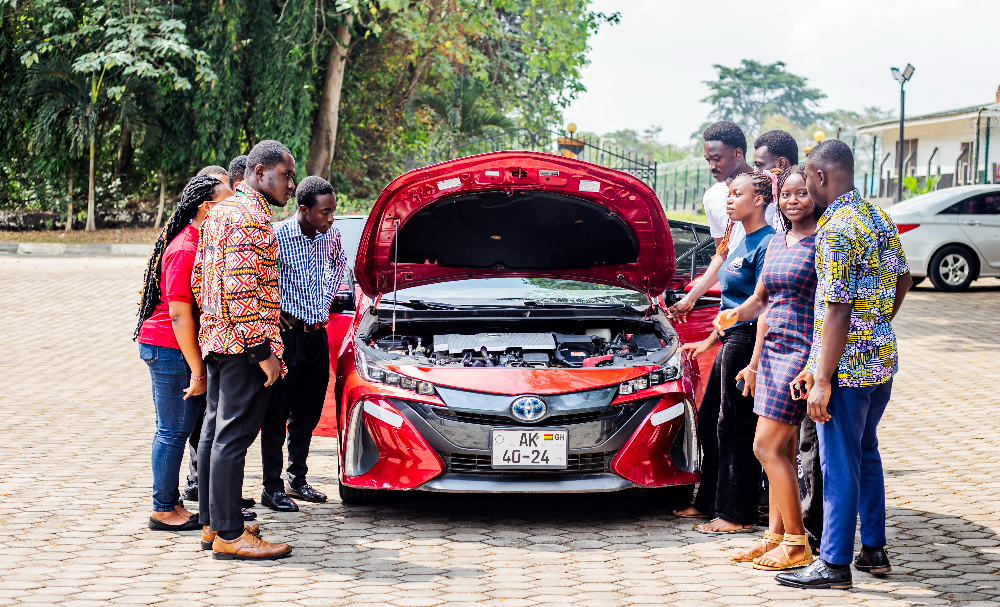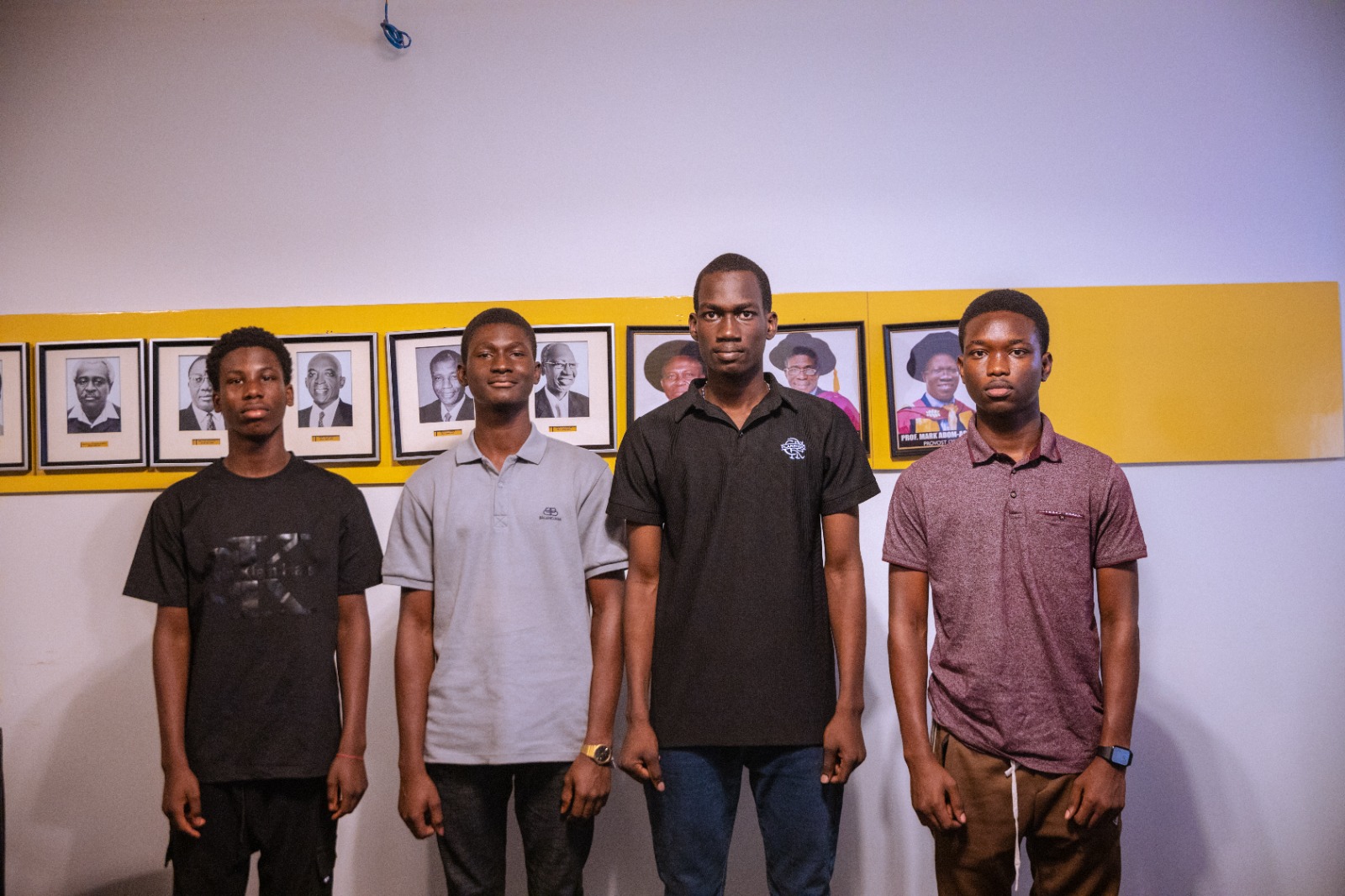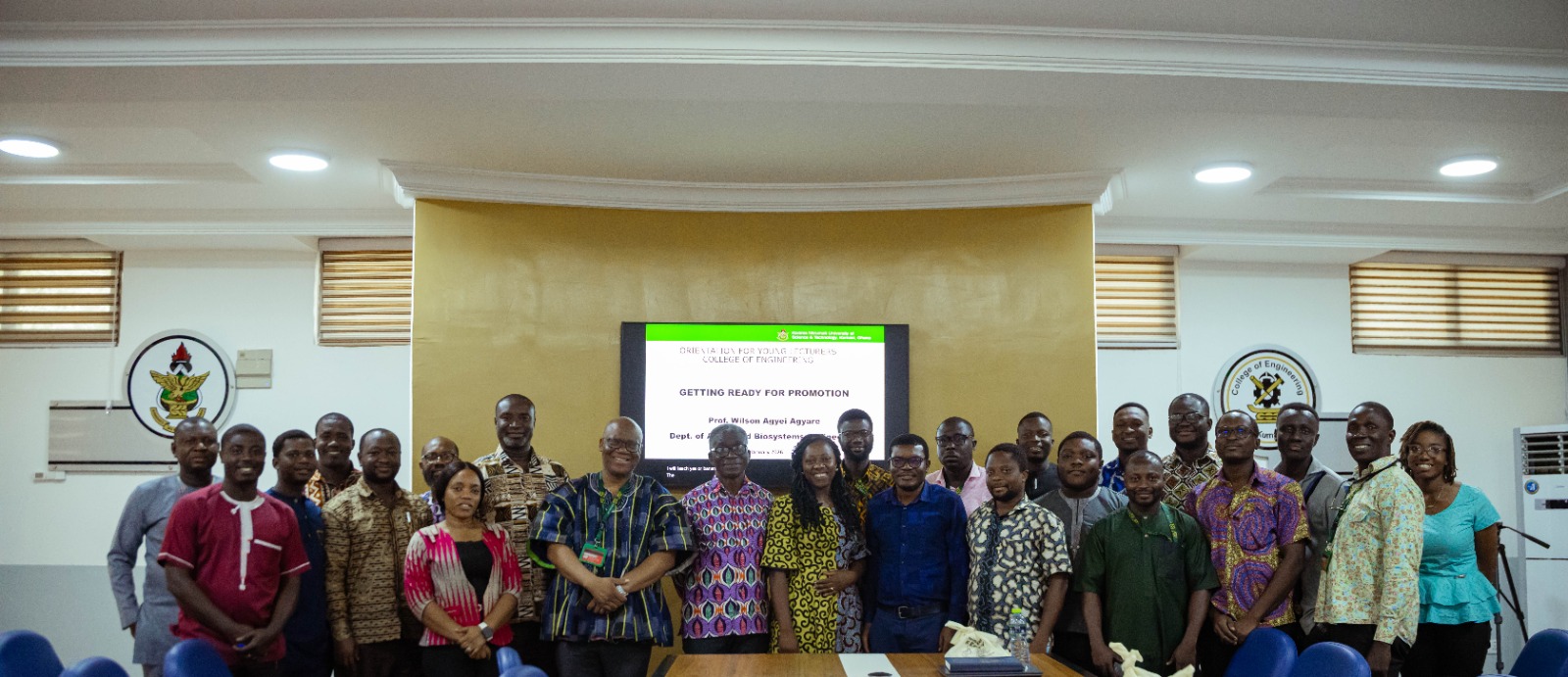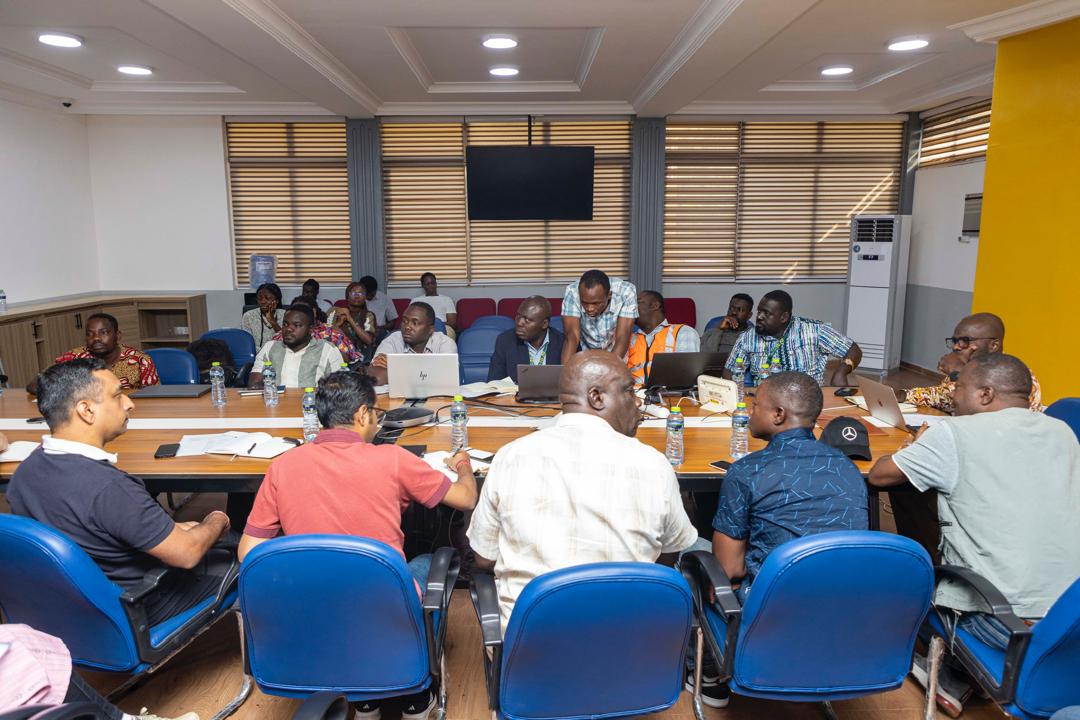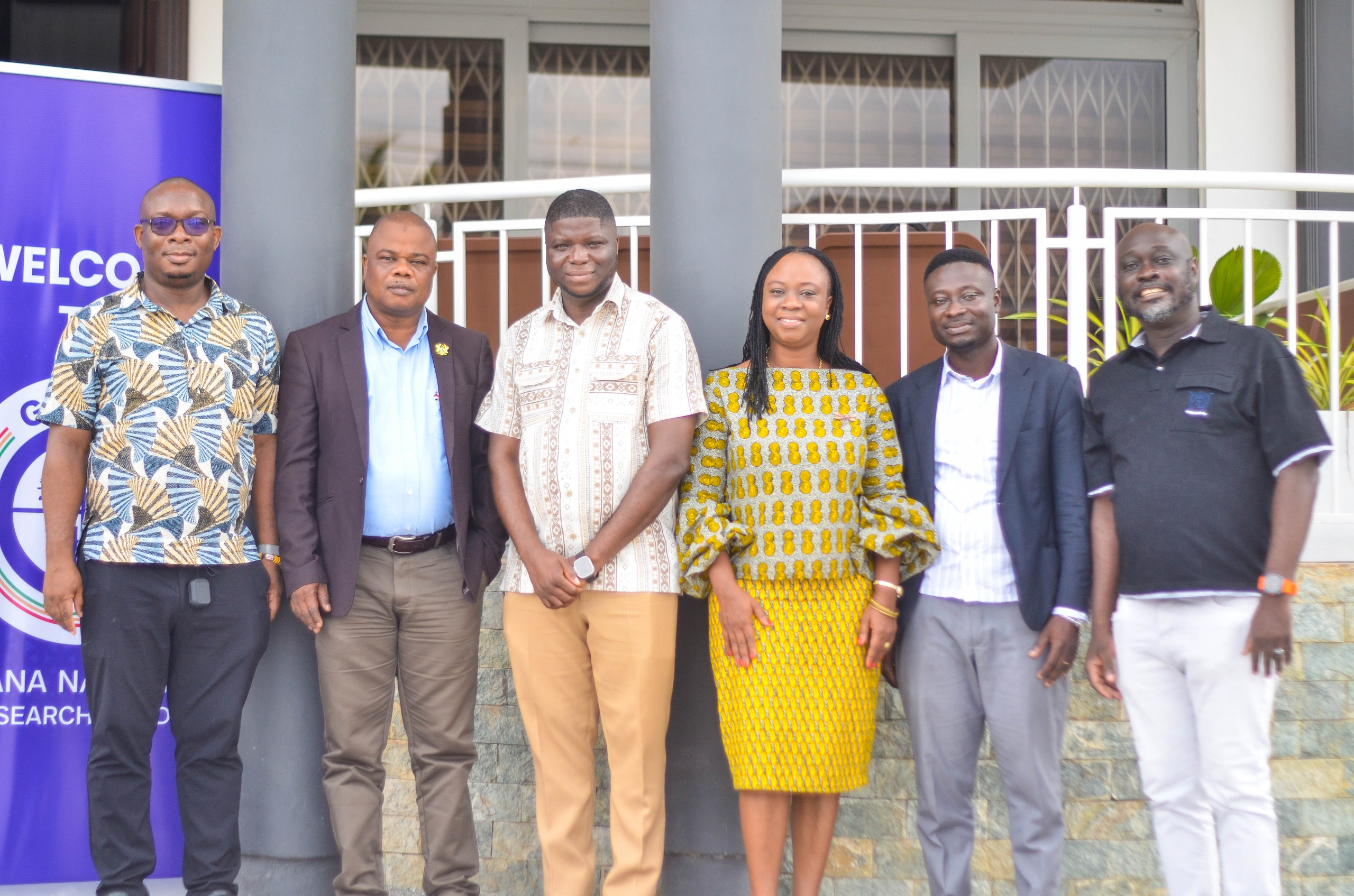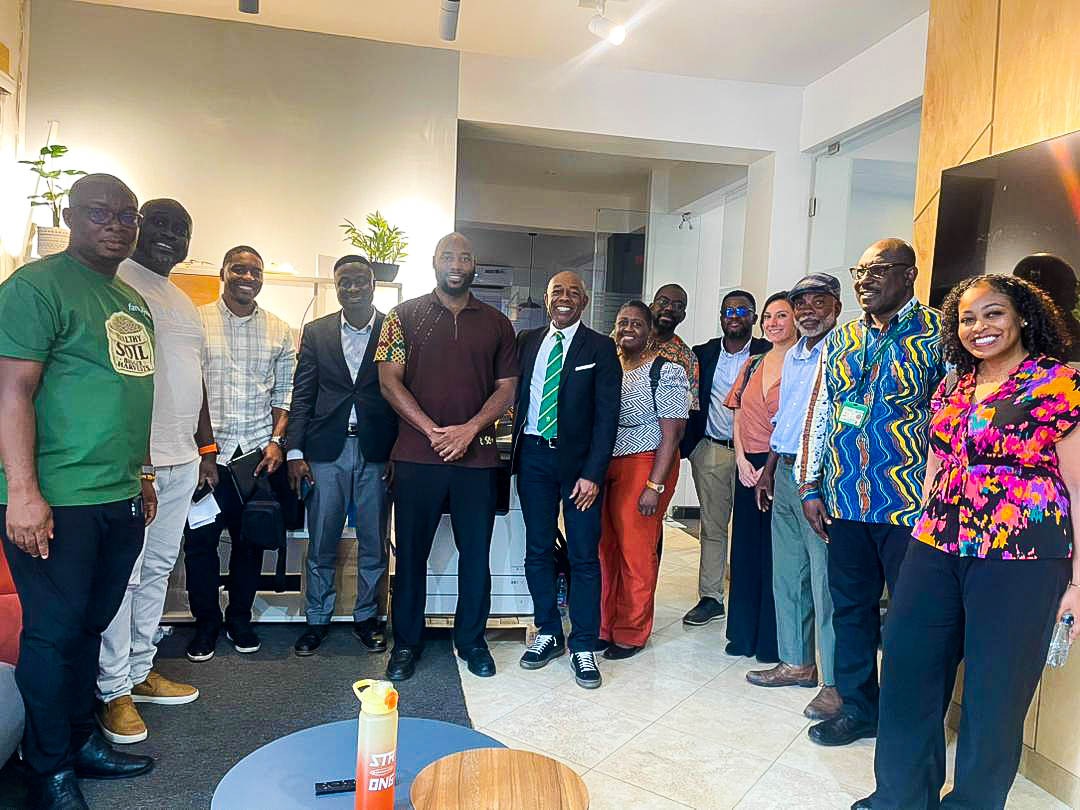The Brew-Hammond Energy Centre (TBHEC) at the Kwame Nkrumah University of Science and Technology (KNUST), in collaboration with the Ghana Climate Compatible Growth (CCG) Network has organized a workshop for students on electric vehicles (EVs).
The workshop aimed to equip university students with essential knowledge and hands-on experience in Ghana’s emerging EV sector.
It also served as a platform to bridge the gap between academia and industry, preparing the next generation of engineers, policymakers, and innovators with the skills needed to drive Ghana’s EV revolution.
As Ghana transitions toward a low-carbon and sustainable transport system, the adoption of electric vehicles (EVs) is gaining momentum. This shift aligns with the country’s aspirations to meet a peak demand of 84,000 megawatts (MW) by 2070 while achieving net-zero emissions within the same timeframe.
The CCG initiative seeks to decarbonize the energy and transport sectors in low- and middle-income economies, with Ghana being one of the participating countries.
As part of its operations, CCG organizes capacity-building activities such as annual workshops, summer schools, and other training programs for researchers and students.
“Today’s event focuses on one of the five Special Interest Groups (SIGs), which is on EVs and sustainable transport. The goal is to introduce students to these concepts and help them understand the issues related to EVs and sustainable transport, ultimately contributing to the decarbonization of the transport sector,” said Professor Joseph Akowuah, co-coordinator of CCG.
The workshop featured expert facilitators from Toyota Ghana and Wahu Mobility, Mr. Godwin Deyegbe and Mr. Christopher Amewuho, who provided firsthand insights into the future of transportation and career opportunities in the e-mobility sector.
“We are here to enlighten students on the various types of electric vehicles available worldwide. These include hybrid vehicles, which combine charging and engine components, and battery-electric vehicles, which produce net-zero carbon dioxide emissions. These vehicles are fully electric, produce less noise, and are assumed to have zero carbon footprints when used,” Mr. Deyegbe explained.
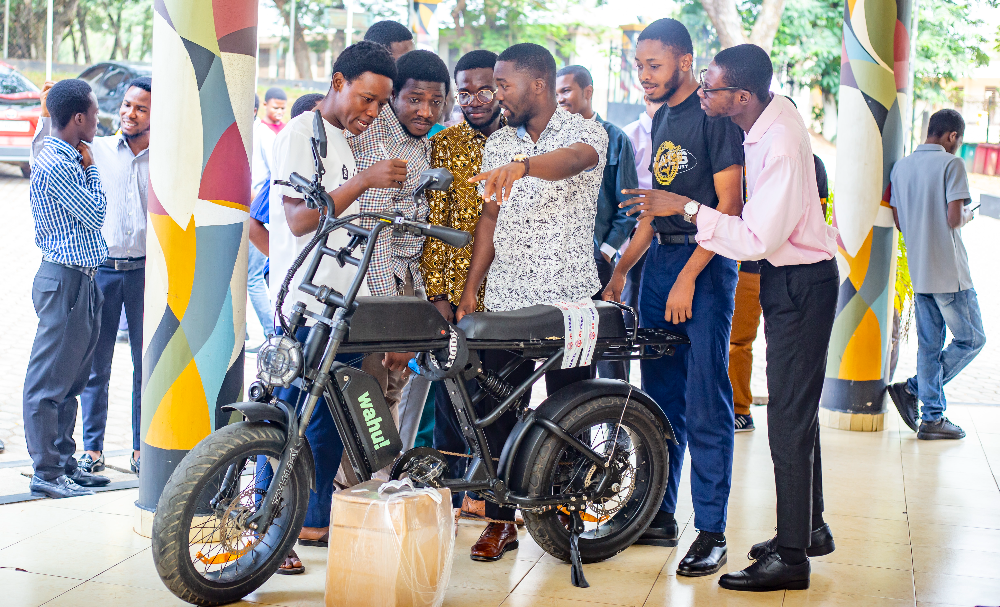
A live demonstration session allowed students to interact with hybrid vehicles and electric motorbikes provided by Toyota and Wahu, respectively. Participants also explored EV components, charging systems, and vehicle operations.
The workshop covered key areas such as a comprehensive understanding of EV technology, battery efficiency, Ghana’s EV policy landscape, investment potentia


